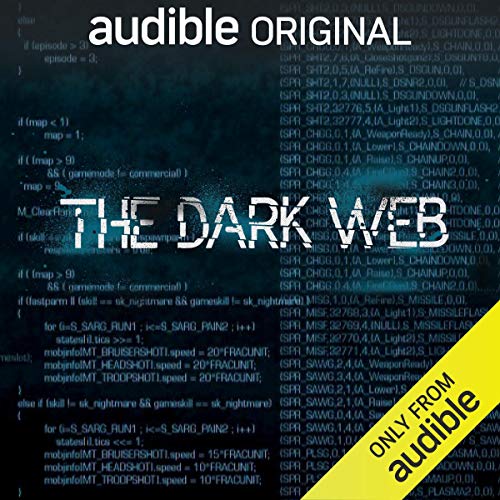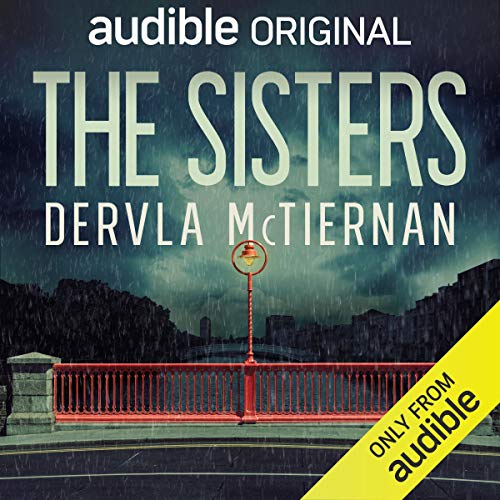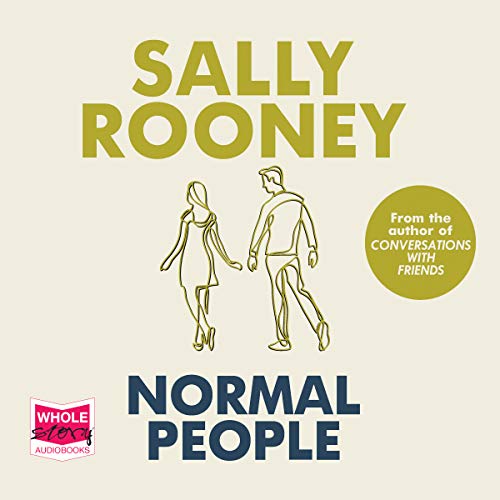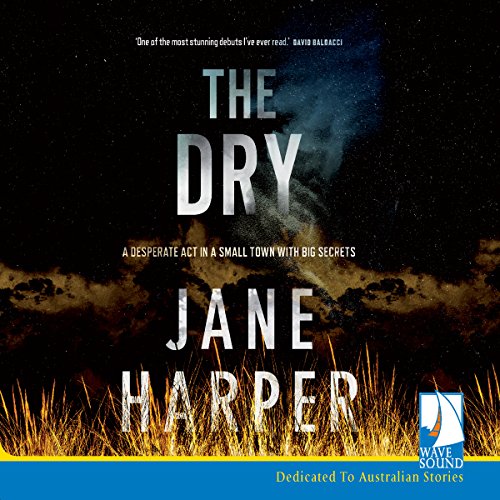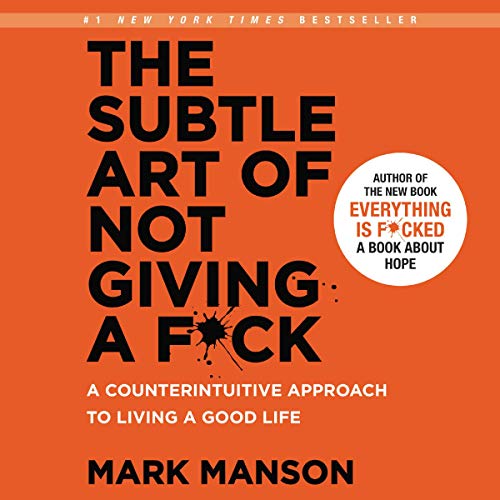How does a woman who moves to a farm in a little country town, end up with a doctorate? I share this story to encourage all women to consider further study.
In the beginning
In the ’80s, I attended two different universities. I was kicked out of the first one and I didn’t complete the semester at the second one because I lost interest. Lots of things were happening at the time (partied too hard, newly gained freedom) and I had no idea about what I was doing, or where I wanted to be. I didn’t know much about anything really, because I hgad left a private, all-girls’ boarding school and was simply not prepared for life.
Compulsory education
For as long as I can remember, I thought I was dumb. My parents didn’t think I was ready to start school as a 6-year-old, so they sent me for the start of the second term. The day before school, my eldest sister chased me around the kitchen table until I fell and cut open my forehead. The scar remains 50 years later. Such was my introduction to formal education. This same sister, however, helped me pass high school English, so I have forgiven her over and over.
Eleven years later and still on the back foot, I almost failed my final leaving exam. I excelled in French and Italian but almost failed English. Somehow, I scraped through human biology, geography, and maths. To this day, it was the lowest tertiary entrance score out of all my eleven siblings. Now, I have a doctorate in education. I can’t be too dumb, nor can I believe it myself. It is a legitimate degree, from Murdoch University, Australia. One of the three international examiners commented that it was extremely well written.
Menial and manual work without qualifications
I moved to the Wheatbelt in the mid-80s. Without a degree, I was limited to service-like jobs. I worked in a roadhouse for several months, took a job at a radio station selling airtime, and worked in an employment bureau. Realising the importance of further education, I enrolled and was accepted into nursing to what was then called Sir Charles Gairdner Hospital.
On becoming pregnant with our eldest daughter, my plans to study nursing were put on hold. It meant moving to the city, but I decided to stay on the farm, a decision I have never regretted. The day I left the hospital with my baby daughter was one of the most important days of my life. Coincidentally, and that same day, I was offered a place at Murdoch University. The significance of bringing a daughter into the world heralded the pursuit of my academic and professional goals, a drive so intense and without abatement more than 30 years.
Although the farmer and I were good friends, soul mates, and loved each other, I realised that being a young unmarried mother, I had to make a life for myself and for my daughter regardless of what else happened. I recall my mother (never having had much of an opportunity for education) stressing the importance of education for females because she believed they should always have the means to be independent of a man. She often joked that women in her generation would have left their husbands if only they had the money.
Farming: the next generation
Daughter 1
The farmer’s parents had retired that year and left for the city. We moved into the main farmhouse when our firstborn baby girl was a week old. I have no memory or recollection whatsoever of that move. We’re still here, 32 years later. The farmer and his brother worked together for over 23 years. However, his brother had two sons and we had three daughters. Our life plans were not heading down a parallel road.
Studying at university externally
I completed a Bachelor of Arts over three years, externally while at home. The day I graduated I was almost due to give birth to our second born daughter. I recall walking onto the stage being heavily pregnant and feeling extremely proud to receive my award from Sir Ronald Wilson, who was the university’s Chancellor at the time. For the first time in my life, I felt a flicker of intelligence.
In those three years, I acquired an insatiable taste for learning. I felt for the first time that I was receiving an education. My world view, prejudices, biases, and assumptions were challenged. I then enrolled into a Bachelor of Literature and Communication, completing it in one-year full time.
Daughters 2 and 3
I recall the day my second daughter was born. I had uni essays due the following Monday, and I had written down the period of time between contractions, on the back of my learning guide. Such was the pressure that I had put myself under, with one little girl and another one on the way. I loved it and there was no way I was going to give it up.
I transferred the units from the secondary education degree I had initially intended to complete to a tertiary education qualification. I couldn’t get to the city for the practical experience component. More importantly, I never wanted to leave my small children during the day while I was based in a metropolitan school. In total I completed about 4 weeks’ worth of practical experience in primary and high schools.
Shortly after completing the literature and communication degree I began working at a local TAFE college. The literature degree developed in me a love of Australian literature. It was here I learned about narrative, literary, postmodernism, feminism, psychoanalytical theory. Of real interest and passion was Aboriginal writing. This was the very time in my life that I had heard of writing by traditional Australians. I am eternally grateful to that university.
Recording local women’s stories
It was then I decided to undertake an oral history project with older women of the town to capture their stories for future generations.
I was fortunate to interview an older aboriginal lady whose transcript has just been recovered. The process of rebadging it from a hard copy to an electronic copy so that I can return it to the family is time-consuming but hopefully worth it in the end if it can be turned into a booklet.
Realising that neither of those earlier degrees was not going to give me a job, I completed a Graduate Diploma in Adult and Tertiary Education externally through Murdoch University.
Teaching at TAFE
I was already working casually at the local TAFE college which meant that I was able to apply theory to practice. A shortage of qualified teachers meant that I taught across areas such as initial literacy and numeracy, a course called New Opportunities for Women, computing, which was just emerging as a new technology at the time. I also taught business, despite not having any experience in it, training and assessment, childcare, and education support.
Post graduate study
Having given birth to a third daughter, for some reason I decided to study again. I enrolled in a Master of Education which I thoroughly enjoyed. I was so excited to be going to the Concert Hall once more, wearing a mortar board. My master’s supervisor of the research project component strongly encouraged me to enrol in doctoral level study.
The following year, I enrolled in the Doctor of Education degree. This was 2008. I completed it in 2014-2015. Although it was part-time, all three girls were at boarding school, had left, or were at university. I was, however, still working fulltime. My supervisor was excellent and supported me throughout the process in attaining the qualification.
Graduating as a doctor
I was proud to be a Murdoch University graduand once again, receiving a doctorate at the Concert Hall. We were treated like royalty. That night, I was overflowing with personal pride. Sitting on the stage with all the other academics, I felt right at home. With the previous degree ceremonies, we were not invited to the stage to sit with them. For the first time, I truly acknowledged the enormity of what I had done.
It was a long hard struggle and I don’t think I would ever go through it again with my family and my partner. I recall the days and nights of crying with stress, feeling like a failure, thinking I wasn’t going to get it finished. In my heart, I really desperately wanted the qualification, but at times it was more elusive than ever.
Most importantly, I was bequeathed the doctoral degree before my mother died. She died in 2016. In some way, the degree was for her, and for my father. They were two very bright individuals who simply did not have the same access to education that I had. I am extremely grateful for their commitment to education for their children because they valued it so highly. I wanted for mum, that one of her ten daughters become a doctor.
Impostor syndrome
However, I felt like an impostor. Despite the self-doubt about my ability to achieve anything at all, coupled with the self-criticism and other forms of negative self-taught, I surprised even myself. To this day, I’m not sure how I ultimately or eventually completed that degree. All it really means now is that I’ve got Dr in front of my name. Ultimately that was all I really wanted (and to wear the Tudor Bonnet). It didn’t make any difference to my professional life, my pay scale or my place in the scheme of things. It was very much an anti-climax. I longed to work in academia, in the universities of the city, to continue researching and work with like-minded people. But I couldn’t leave farmer, or the farm to make that transition. Walking in the grounds of the universities, I feel that I have come home.
Thoughts of further study
Since 2015, I’ve often thought about doing another doctorate but simply wouldn’t do it to my family all over again. I’m not quite sure where to head now. It feels strange not studying. Presently, I am trying to restore some semblance of lifestyle for me, my partner, and my children.
At the same time, I was travelling to Perth for research seminars for the whole term. The girls were still in boarding school and I was still managing to work. We rented a house in the city for the older daughters who were at university. Times were really tough, stressful, and hard.
Over the next few years, my mind became a little itchy. I enrolled in a Diploma of Tourism and Management qualification. We were having a lot of tour groups visit the farm, I was doing Airbnb hosting and we were travelling quite widely. I thought there might have been a future in agri-tourism especially as most of our guests were international travellers.
You could say that I am driven to achieve and succeed. I am looking for the next challenge. It doesn’t have to be about study anymore though. I need to learn how to accept life as it is- there is no need to keep studying. Instead, I stay in touch with world news, read good journalism, listen to new music and watch diverse films.








